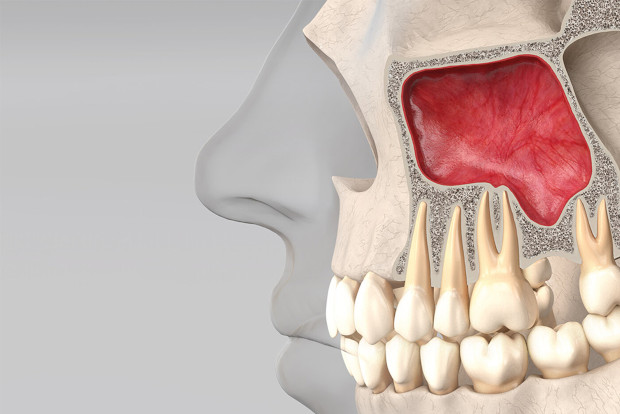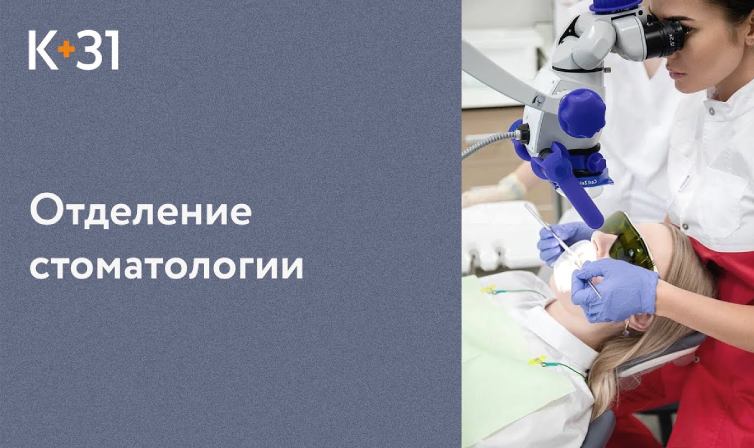Treatment of alveolitis

specialists

equipment

treatment
Types of alveolitis

The majority have serous alveolitis. Typically, symptoms of this pathology appear 2-3 days after the procedure. The lymph nodes remain normal, but the person’s condition is rapidly deteriorating.
If the serous form is left untreated, purulent alveolitis develops. This happens around 6-7 days. The pain becomes acute and spreads to the ear and temple. A dark gray plaque appears in the tooth socket, swelling and hardening of the alveolar process occurs, and the lymph nodes become enlarged and painful.
There is also a risk of developing hypertrophic alveolitis. This type of disease is characterized by the discharge of pus from the socket.
Main signs of alveolitis

The main symptom of alveolitis is pain. It usually appears 3-5 days after surgery. Its intensity varies from moderate to strong and pulsating. Sometimes it spreads to the entire side of the face. Other symptoms:
- Changes in the condition of the oral cavity. There is swelling of the face, a bitter taste and bad breath. This indicates the development of an infectious process
- General deterioration in health. The patient feels tired and weak. Often body temperature rises to 38 degrees. This is a sign of inflammation in the body
The sensitivity of teeth to temperature stimuli increases. This symptom is accompanied by decreased appetite and increased salivation.
Complications
One of the most serious complications of alveolitis after tooth extraction is cervical lymphadenitis - inflammation of the cervical lymph nodes.
One of the most dangerous complications of alveolitis is sepsis. In advanced cases, it causes general inflammation in the body. This condition requires emergency medical intervention.

Other complications:
- Abscess This is a purulent inflammation in the jaw tissues, accompanied by severe pain and swelling
- Phlegmon An acute purulent inflammatory disease that affects soft tissues and spreads in the interstitial spaces
- Osteomyelitis of the jaw Purulent, infectious and inflammatory pathology. It involves all the structural components of the jaw bone and, if left untreated, leads to osteonecrosis
Alveolitis recognition methods
The first stages of diagnosis are interviewing the patient and a thorough examination of the tooth socket for signs of inflammation.
In addition, alveolitis requires differential diagnosis. It is important to distinguish it from the following conditions:
- Irreversible pulpitis and injuries to adjacent teeth
- Jaw injuries
- Odontogenic infections (periapical abscess, periostitis, osteomyelitis)
- Maxillary sinusitis in the acute stage
For an accurate diagnosis of alveolitis, an x-ray of the socket is performed. This will allow the detection of tooth remains, bone fragments or foreign bodies, if present.


Modern methods of diagnostics and dental treatment at "K+31"
Our doctors

This award is given to clinics with the highest ratings according to user ratings, a large number of requests from this site, and in the absence of critical violations.

This award is given to clinics with the highest ratings according to user ratings. It means that the place is known, loved, and definitely worth visiting.

The ProDoctors portal collected 500 thousand reviews, compiled a rating of doctors based on them and awarded the best. We are proud that our doctors are among those awarded.
Make an appointment at a convenient time on the nearest date
Price
Other Services
Plastic surgery of soft tissues of the oral cavity
Tooth extractionTreatment of inflammatory diseases
Treatment of stomatitis Gum treatment Treatment of gingivitis Treatment for gum recession GumplastyPlastic surgery of the frenulum
Treatment of an abscess on the gum Wisdom tooth removal Bone grafting CBCTOnline consultation with a dental surgeon






















































Causes of alveolitis
After a tooth is extracted, a blood clot forms in its socket, which protects the nerves and bone tissue. With alveolitis, it either does not form or is destroyed prematurely. In this case, the bone tissue and nerve endings remain open.
This happens for the following reasons:
Incorrect oral care can also trigger the development of alveolitis after tooth extraction. In addition, the risk of inflammation of the socket also increases due to smoking.